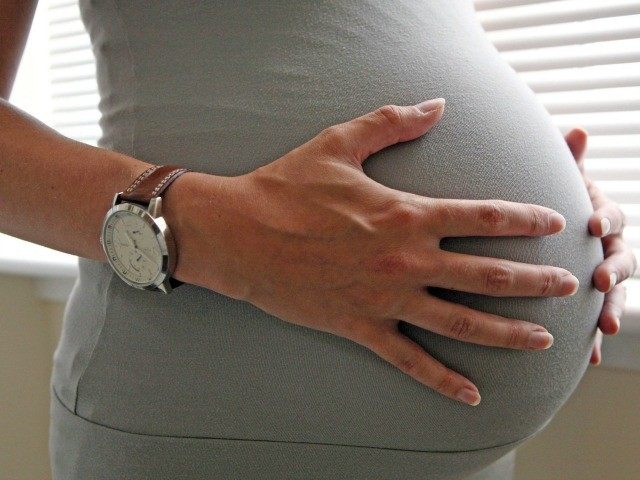An article in the Spectator last week points out a curious anomaly about life in Great Britain: the bizarre unwillingness to discuss unborn human life while more and more laws safeguarding animals are passed.
Writer Ross Clark notes that Labour leader Jeremy Corbyn has recently launched his manifesto for pets, including a ban on foie gras, a requirement for motorists to report having run over and killed a cat, and a “law giving tenants the right to keep a pet.”
Taking a stand for animals is a safe, non-controversial position, Clark contends, and “no political party in recent times has come to much harm by doing something to help furry, feathery or scaly animals.” Proof of this is that over the past 20 years, Parliament has passed dozens of animal laws, “controlling the use of animals in circuses and in advertising campaigns, laws against sow stalls and numerous others.”
The oddity of this, Clark observes, is a contemporaneous unwillingness to even discuss the status of unborn human children or to consider reforming Britain’s outdated abortion laws.
“There seems to be an unwritten rule in politics that the issue must not be discussed, and that anyone holding views which are disapproving of current practice on abortion must be dismissed as an extremist or religious nutter,” he laments.
“A Martian looking at us from the outside might well conclude that it is a committee of animals which sets the terms of our political debate,” Clark wryly comments. “How can it be that we swoon over baby chicks, calves, puppies and the rest, and yet seem blithely indifferent about the industrial-scale destruction of human foetuses?”
Moreover, actual abortion practice in the UK completely ignores written laws, which stipulate limiting abortion to “situations where the mother’s physical or mental health is at risk or if the baby were to be born seriously handicapped.”
Despite being illegal, Clark notes, “social abortion is routine in Britain,” and legislation outlawing it is treated “with the same contempt as archaic laws ordering us to do archery practice.”
How is it, he asks, that a significant portion of the population accepts that abortion is the voluntary termination of a human life and yet is still okay with that, while people are more and more sensitive to the plight of animals.
Two factors weigh heavily in the balance, Clark proposes. First, “the issue of abortion has been so promoted as an issue of women’s rights that a lot of people can only see it in that way.” The rights of the unborn child are completely swept away by the waves of rhetoric regarding a woman’s choice to do what she wishes with “her own body.”
Second, “endless footage” of dead or suffering animals is projected before the public eye, keeping the issue—and the sentiments it evokes—ever at the fore, while we never see “images of humans below the age of 24 weeks, or of foetuses which have been aborted.”
“I suspect opinions might shift somewhat if we did see those images as much as we saw images of unfortunate animals,” he writes, yet of course such images are considered taboo in contemporary society and thus are “kept from us.”
It takes little courage to pass laws protecting animals these days, Clark observes. It would take a real hero to suggest that perhaps the lives of unborn humans may actually be of greater value than the lives of furry creatures.
Follow Thomas D. Williams on Twitter Follow @tdwilliamsrome

COMMENTS
Please let us know if you're having issues with commenting.